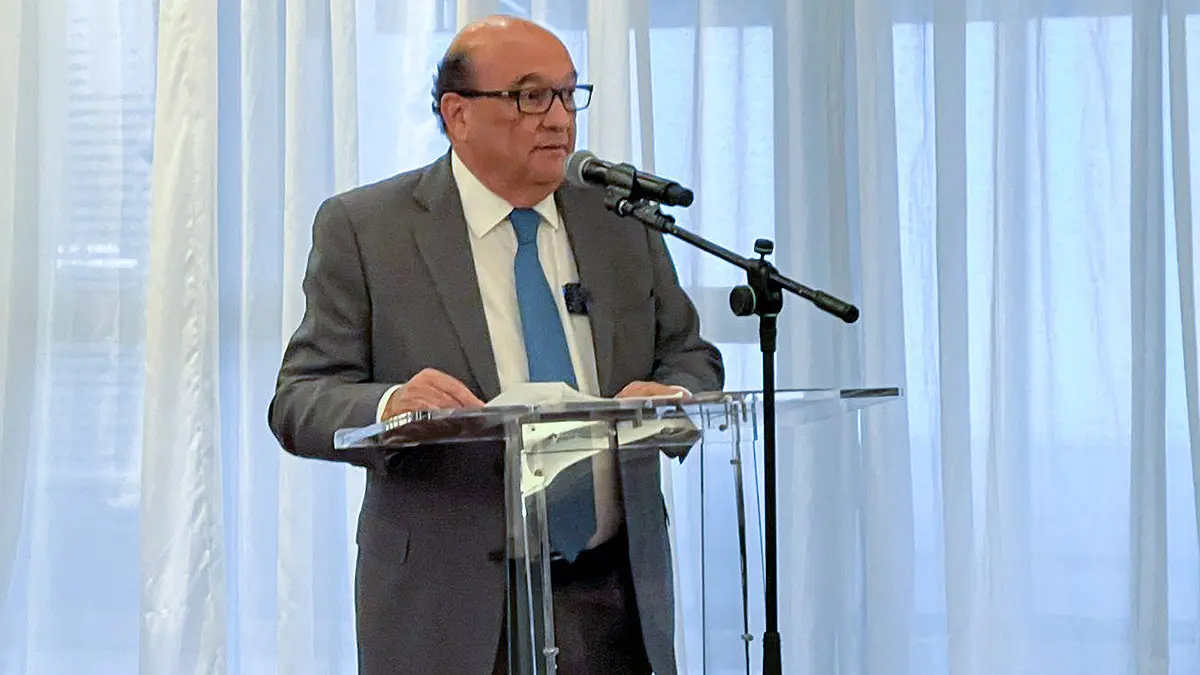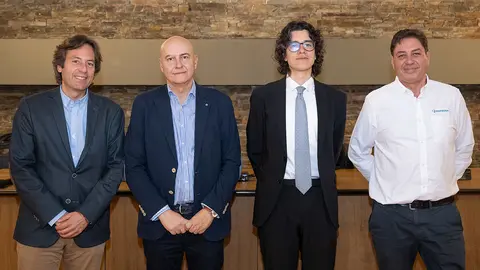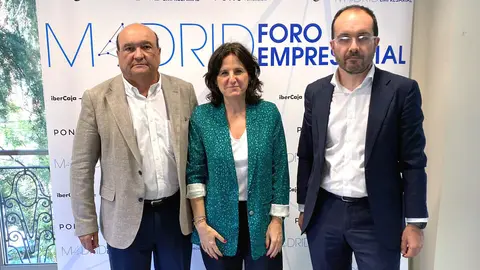AEESCAM calls for regulatory reform to safely regulate the hydrocarbons market

‘In order to tackle VAT fraud, a regulatory reform is needed to control the whole process of buying and selling products efficiently and safely’. With these words, Víctor García Nebreda, Secretary General of AEESCAM and AEVECAR, insisted on the seriousness of the illicit sale of fuels, which has meant 2,000 million euros less in revenue for the Spanish State and significant losses for both service stations and oil operators.
García Nebreda pointed out that in 2023 a regulatory change came into force that returned to the situation prior to 2015, clarifying the positions of wholesalers and retailers, but that this reform ‘was clearly insufficient’.
Faced with this situation, he explained, a year ago a working group was created between AOP, UPI, CEEES and AEVECAR to expose to the Administration and political parties what this fraud meant for the sector and to propose ‘the Italian solution’ that guarantees greater security by creating the figure of the reliable operator and reducing the VAT payment deadline.
The secretary general of both entities recalled that the Congress approved the Minimum Taxation Law for Multinational Groups, which is the transposition of the European Directive, and in which various amendments have been introduced, including two that affect fraud, presented by the PSOE and PNV and which are a copy of those recommended by the aforementioned working group. Now, García Nebreda added, they are being processed in the Senate, ‘it is most likely that they will not be approved, as the Law includes other provisions that the PP does not support; we hope that on the return to Congress they will be approved with the same majority as in the first presentation’, he stressed.
He also said that, although the Treasury and the OCU, through the bios certifications, have managed to remove some operators who were acting incorrectly from the market, ‘there is still a lot of work to be done’.
The commitment to renewable fuels
On the other hand, he spoke of the Energy Transition ‘necessary’, but planned from Europe ‘with not too much criteria’. García Nebreda pointed out that electric vehicles will be the future, but that despite all the resources that are being invested, emissions continue to increase every year, which is why he also defended the use of other technologies that could contribute to achieving the desired objectives. ‘Renewable fuels should be a solution to be taken into account,’ he said.
Finally, he referred to the report commissioned by the Platform for the Development of Renewable Fuels from the consultancy firm NTT, which highlights that:
- They reduce emissions immediately. Every 1% of renewables is equivalent to putting 425,000 electric cars on the road.
- They decarbonise efficiently without having to renew the entire vehicle fleet.
- They use waste as a raw material, where Spain is one of the countries with the greatest availability. Up to 58% of fuel demand could be replaced by 2030.
- They strengthen activity in the primary sector and in Spanish industry and promote the circular economy.
- They reduce the country's energy dependence.
- And, fundamentally, the distribution and sales logistics network is already in place and is one of the best in the world.











